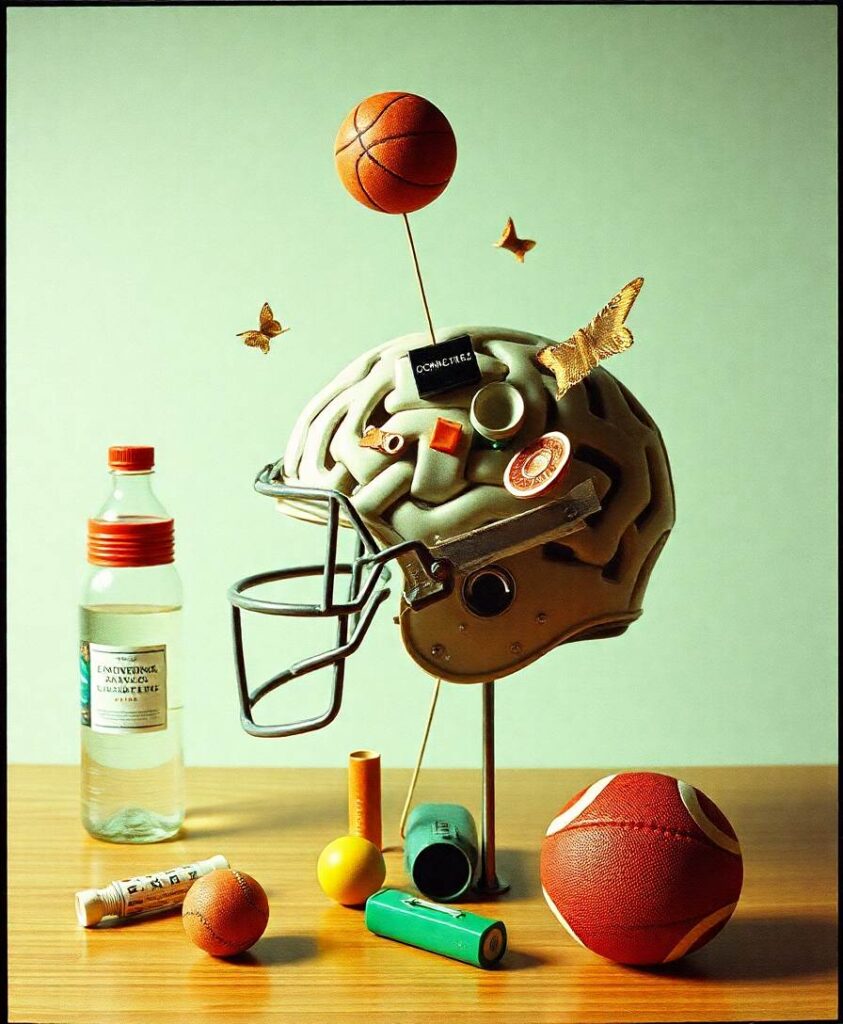Imagine you’re eating your favorite chocolate chip cookie. It’s not the number of bites you take that affects the flavor, but rather the force with which you chomp down. Similarly, new research on chronic traumatic encephalopathy (CTE) has discovered that it’s not the frequency of hits to the head that leads to this condition, but rather the intensity of each impact. In other words, it’s like how one extremely powerful punch can leave a lasting mark while many light taps might not cause any harm. This finding challenges the long-held belief that repetitive blows are the main cause of CTE. Instead, researchers now suggest that focusing on reducing the force of hits may be more effective in preventing the development of this debilitating brain disorder. To learn more about this groundbreaking study and its implications for sports safety, I encourage you to dive into the underlying research!

